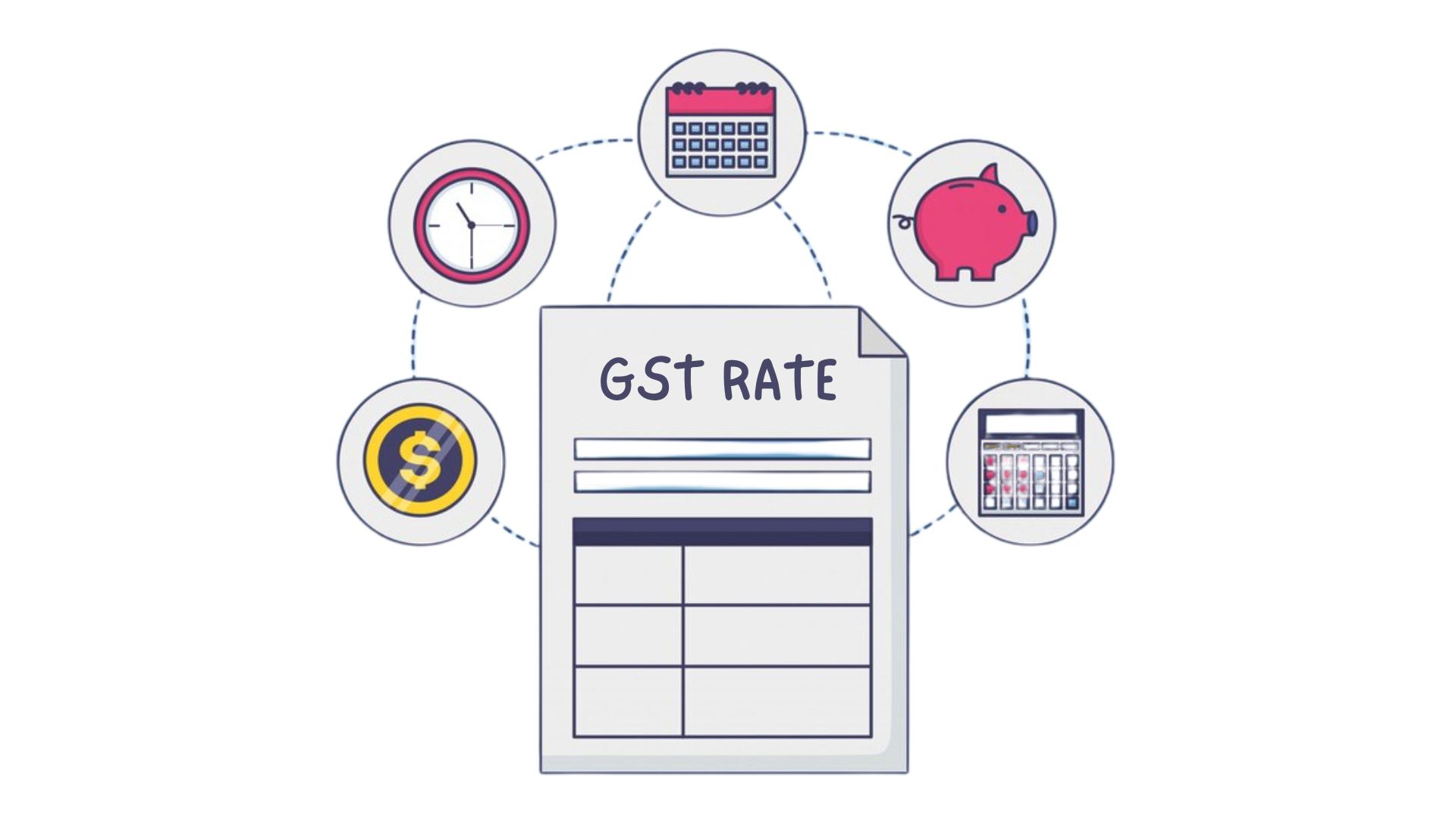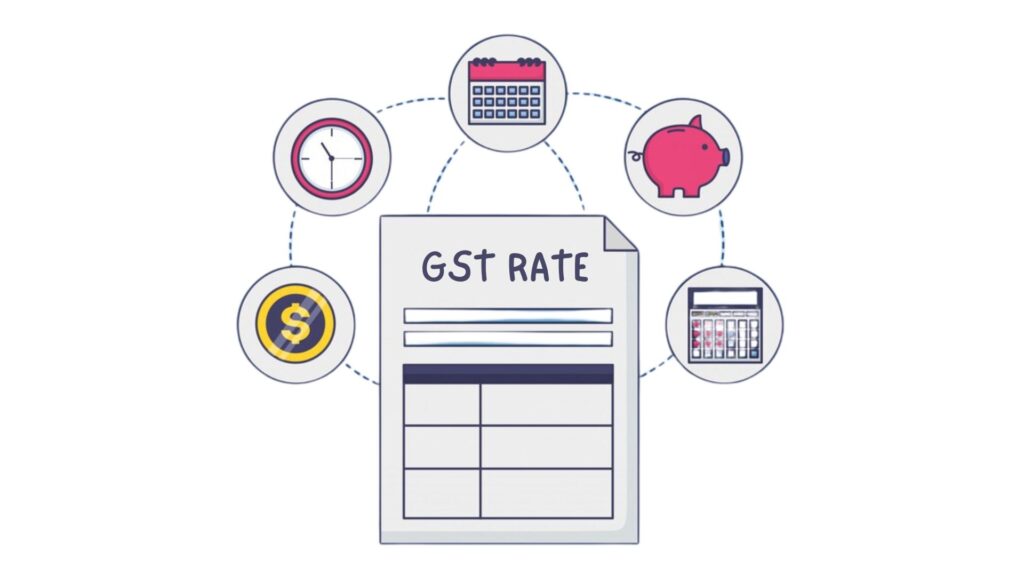
07 Jun GST Rate Rationalization: Facing New Delays?

The implementation of GST rate rationalization, a crucial economic reform, might face further delays under the new coalition government. Concerns over its potential impact on inflation could deter its immediate execution. Nonetheless, there remains optimism among some quarters for the long-awaited reform.
A committee led by Suresh Kumar Khanna, the Finance Minister of Uttar Pradesh, is currently engaged in the process of rationalizing rates for 1,200 categories of goods and all services, except those on the negative list. Once the committee submits its report, the Fitment Committee will deliberate and finalize the agenda for the GST Council. Following the council’s recommendations, both the Centre and the States, including three Union Territories with assemblies, will notify the revised rates.
A key proposal involves reducing the number of main rates from four to three. This could entail merging either the 12% and 18% rates into 15% or the 5% and 12% rates into 8%. While certain items may become more affordable, others might move into higher rate brackets, potentially causing inflation. This concern has historically postponed rate rationalization efforts, and experts now anticipate significant challenges in executing such an exercise.
Considering the political landscape, the interests and commitments of allies such as JD(U) and TDP will also influence any major restructuring of the tax regime by the new government. The intricate relationship between taxation policy and evolving political dynamics complicates the process of adjusting GST rates, introducing uncertainties and delays.
While businesses in sectors like food, clothing, education, healthcare, agriculture, transportation, electricity, and water supply enjoy lower tax rates, any increases may exert pressure on the government. GST being a transactional tax, any alterations will prompt the market to recalibrate, leading to further uncertainty.
Despite challenges, some experts believe that the NDA-led Council may advance rate rationalization decisions, particularly with the BJP and its alliance partners gaining significant influence in states like Odisha and Andhra Pradesh. This could pave the way for overdue revisions, such as the reduction in GST rates for items like Fly Ash blocks, addressing longstanding demands from various states.


No Comments